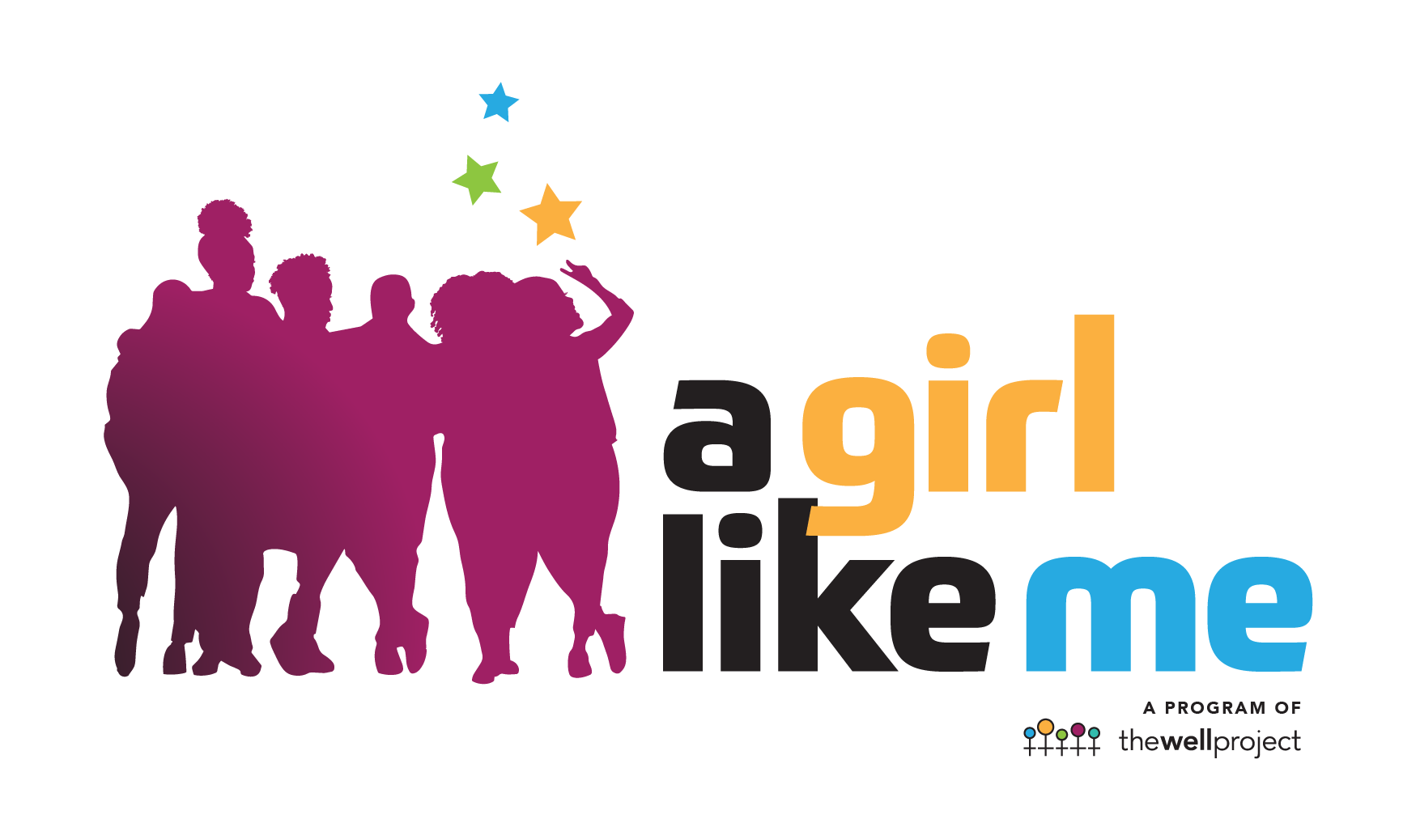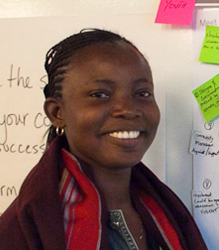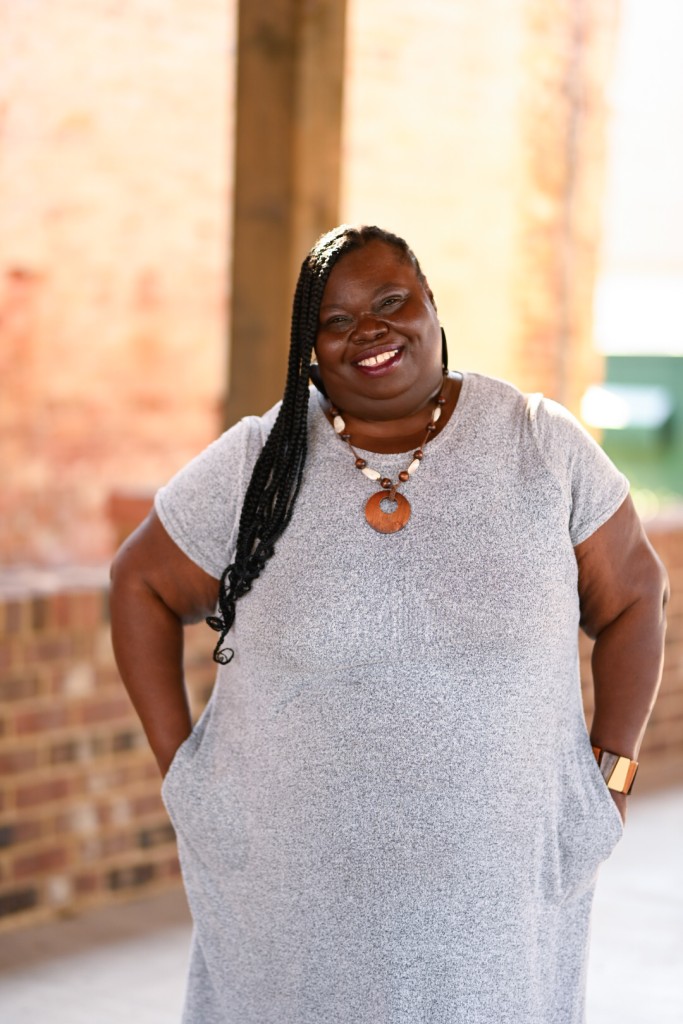 A few weeks ago, I had the pleasure of attending the PWN SPEAK UP! National Summit for Women Living with HIV with more than 200 other women. The days were filled with workshops, activities, empowerment sessions, and hope. Although much has changed in the past 30 years, and there are now women specific policies and guidelines, there is still more work to be done. Advocating for women's rights is a continued process.
A few weeks ago, I had the pleasure of attending the PWN SPEAK UP! National Summit for Women Living with HIV with more than 200 other women. The days were filled with workshops, activities, empowerment sessions, and hope. Although much has changed in the past 30 years, and there are now women specific policies and guidelines, there is still more work to be done. Advocating for women's rights is a continued process.
While at the conference, I had the opportunity to facilitate a workshop with an amazing woman, Valerie W. Our workshop discussed the use of language in relation to people living with HIV and how language can empowers us or stigmatize us. We had a great turn out and were inspired by our participants and their enthusiasm toward our workshop. I am grateful for their love and support during the workshop and the conference.
The development of the workshop began years ago during my work with one of my favorite professors, Dr. B.L. Included in all his syllabi were instructions on how to use "People first language" in relation to people living with mental health issues. His guidance has influenced how I look at language in the HIV community. I am grateful for his ongoing support. This workshop has also been inspired by the work of Dilmitis, S. et al., (2012). The authors letter to the editor entitled, "Language, identity and HIV: why do we keep talking about the responsible and responsive use of language? Language matters." The authors discuss the importance of language in research and the HIV community.
Most of the incorrect/stigmatizing language has been used for decades. We have heard it over and over and it does not seem to faze us any more. We repeat what others say without thinking of the implications of our statements. Our doctors use incorrect language, the media uses it, researchers use it, but this does not make it right. There are better ways of saying things.
In order to make big changes in society we must first take the little steps ourselves. When we, as people living with HIV, begin to change the language we use, others will take notice. It will take time, change always does, but it is the right time to change how we talk and write about people living with HIV (Table 1).
Using "people first language" is crucial in order to reduce stigma and discrimination. People first language involves putting the person before the disease.
Table 1
| Stigmatizing | Preferred Language |
|---|---|
| HIV Patient, AIDS patient | People living with HIV or People living with AIDS |
| Positives or HIVers AIDS/HIV carriers AIDS Victim or AIDS sufferer |
Person living with HIV |
| Died of AIDS | Died of AIDS related complications or Died of end stage HIV |
| AIDS Orphans | Children orphaned by loss of parents or guardians who died of AIDS related complications |
| Victim, Sufferer, Contaminated, Innocent (victim) | DO NOT USE |
| HIV Infected | Diagnosed with HIV |
| I was infected with HIV | I contracted HIV |
| HIV infected organs | Organs with HIV |
| Individuals infected with HIV | Individuals diagnosed with HIV |
| HIV infected mother or HIV infected baby | Mother living with HIV, baby living with HIV |
Incorrect: "Women are most likely to be infected with HIV through heterosexual contact."
Preferred: "Women are most likely to contract HIV through heterosexual contact."
Dilmitis, S., Edwards, O., Hull, B., Margolese, S., Mason, N., Namiba, A., ... & Zakowics, A. (2012). Language, identity and HIV: why do we keep talking about the responsible and responsive use of language? Language matters. Journal of the International AIDS Society, 15 (Suppl 2).





















